Blockchain Translator
What happens to our privacy when we stop using cash? We need a digital means of payment that's private. That's why I support Monero, the private, fungible and decentralized cryptocurrency. A real free open-source software project that's not run by any company or organization.
As an active member of the community, I started using my translation experience for the project. I translated the user interface and online help for Monerujo, the Monero wallet app for Android mobile phones. I also translated the most essential part of the official Monero website into Dutch, including user guides: The Monero Project.
In order to help volunteer translators get started and improve the quality of translations, I wrote a guide with Translation tips for Monero translators.
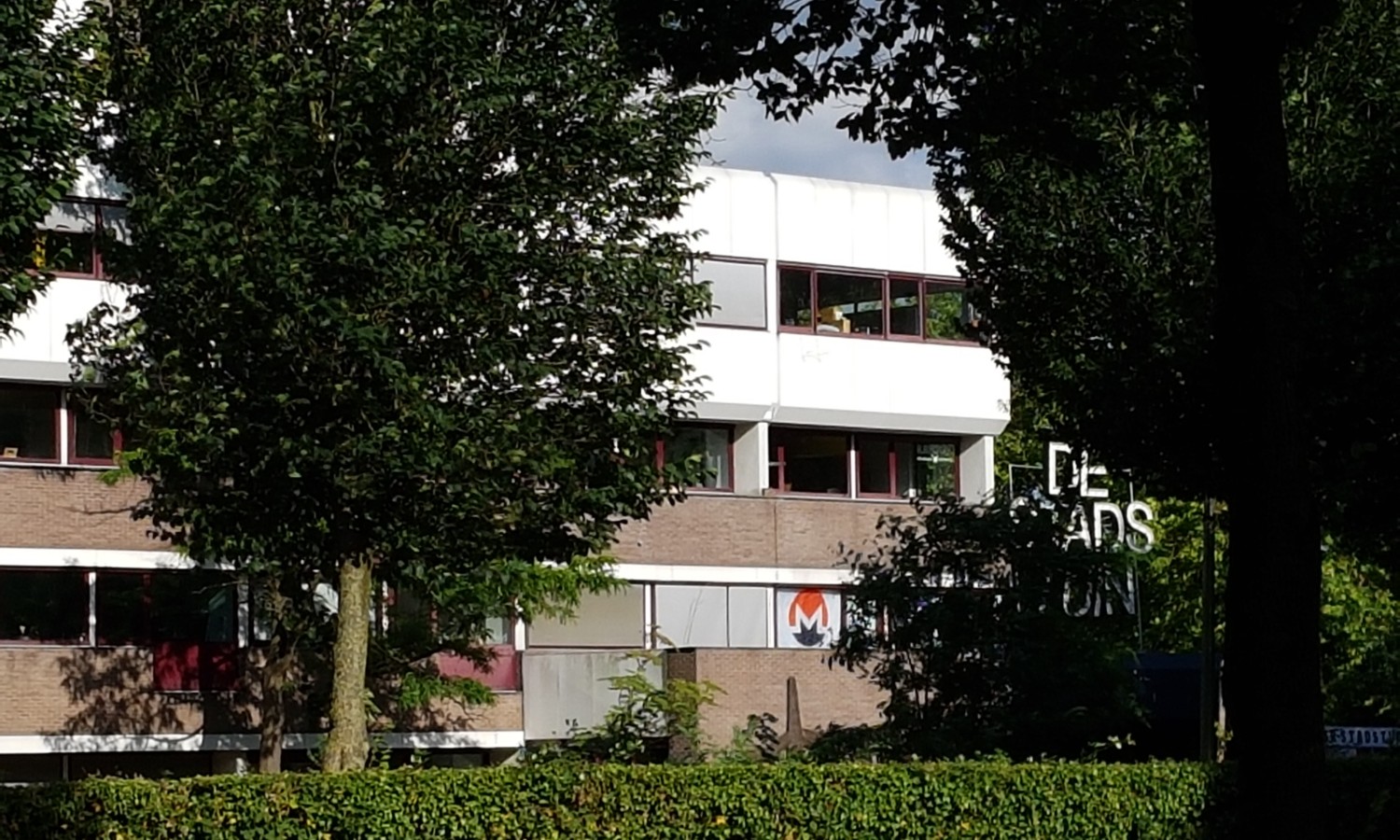
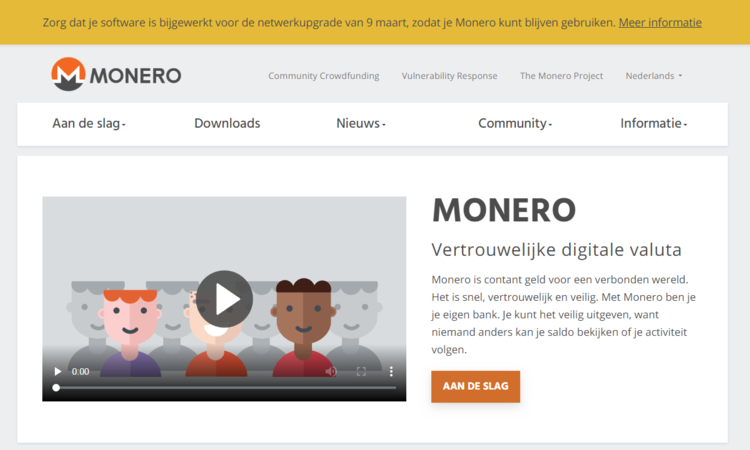
Crowdfunding
Some of this work has been funded by generous donations from the Monero community, through the Forum Funding System, the precursor of the Community Crowdfunding System.
For contributions to the source code, which these translations technically are, I'm known as apertamono on GitHub (previously ProkhorZ).
Sample Translations
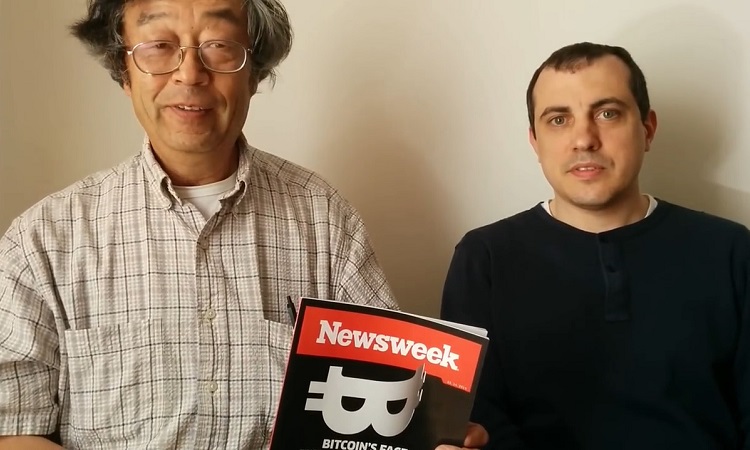
Bitcoin Whitepaper
I'm working on a complete Dutch translation of Bitcoin: A Peer-to-Peer Electronic Cash System by Satoshi Nakomoto. Here's a sample translation of the abstract.
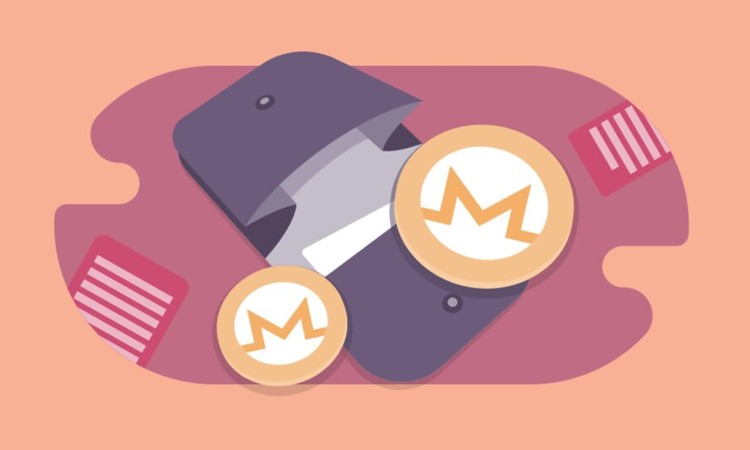
Monero - Introduction
A previous version of the introduction to Monero in the project's README text on Github.
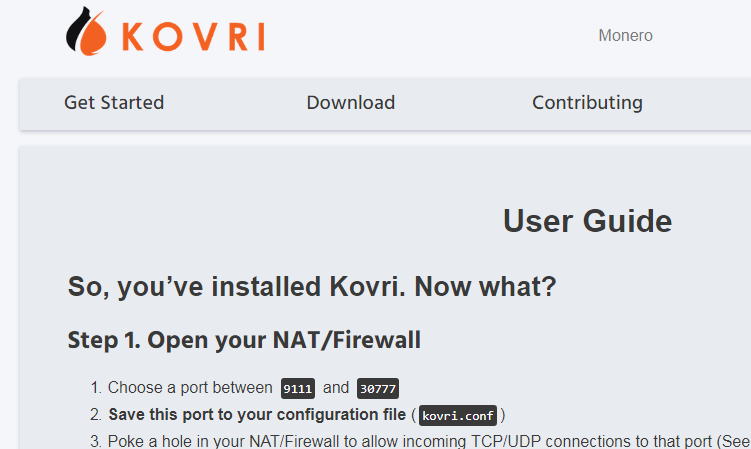
Kovri User Guide
Part of the documentation for Kovri, the I2P garlic router project that was going to protect the privacy of Monero nodes and other applications with regard to IP addresses. Current status uncertain.